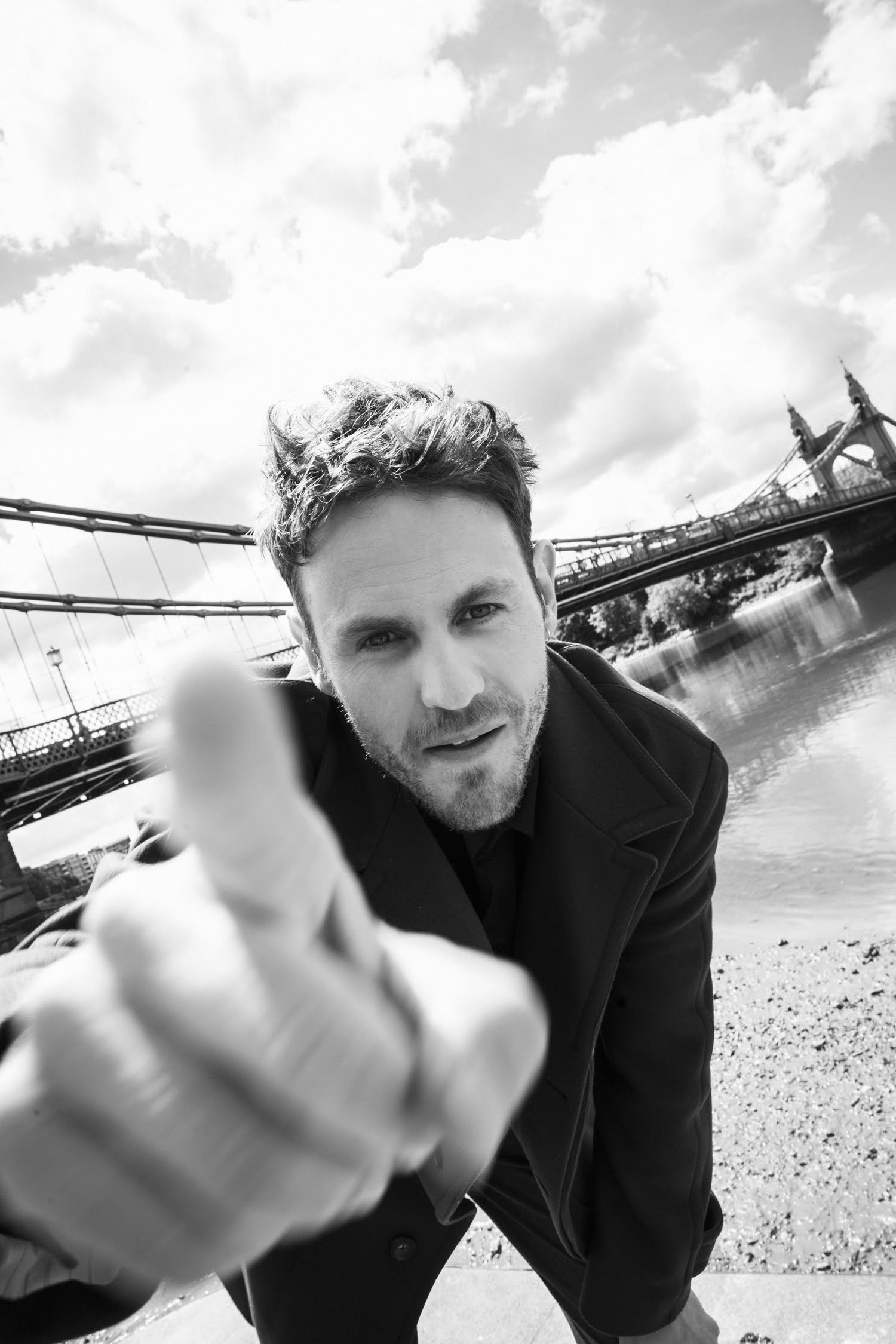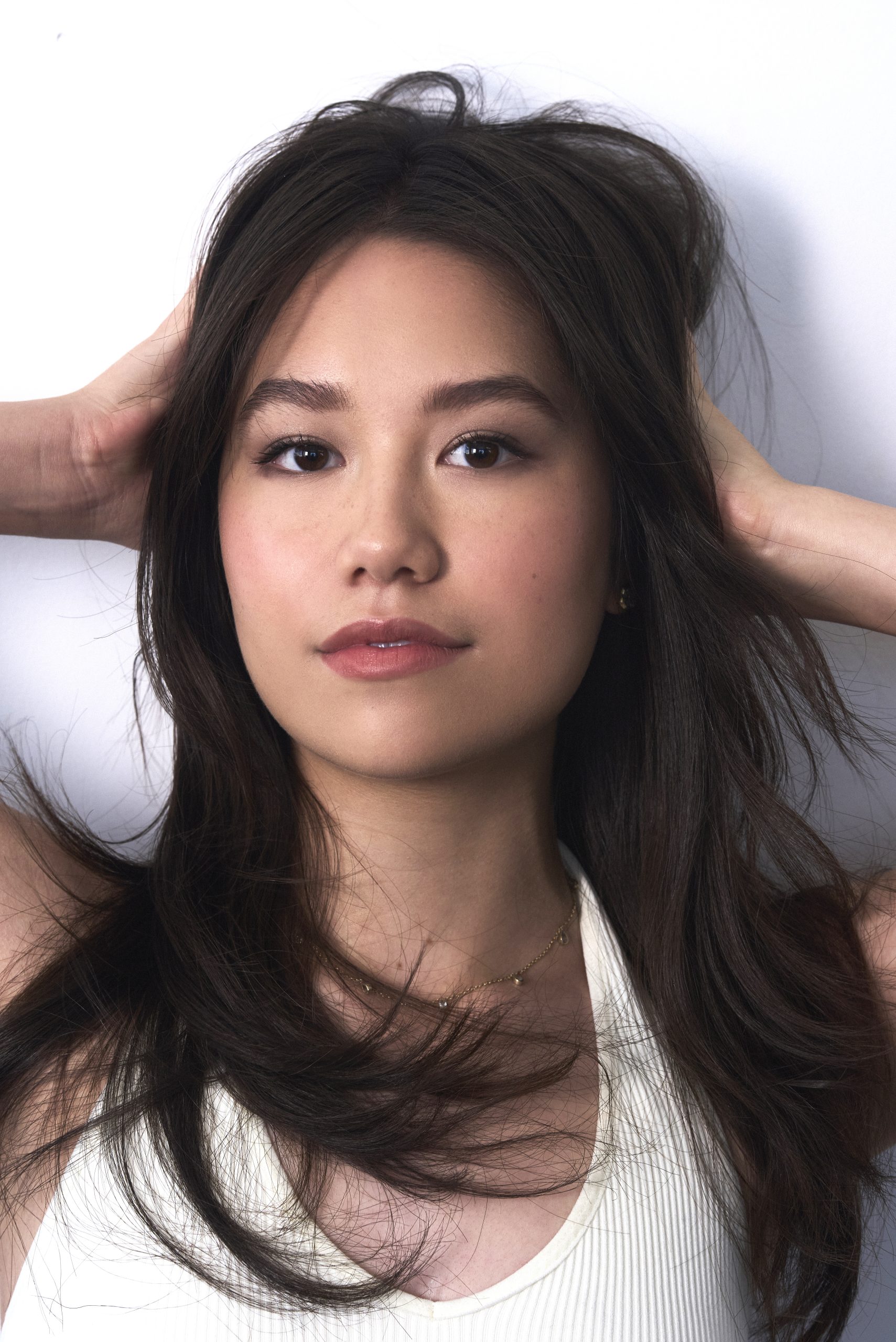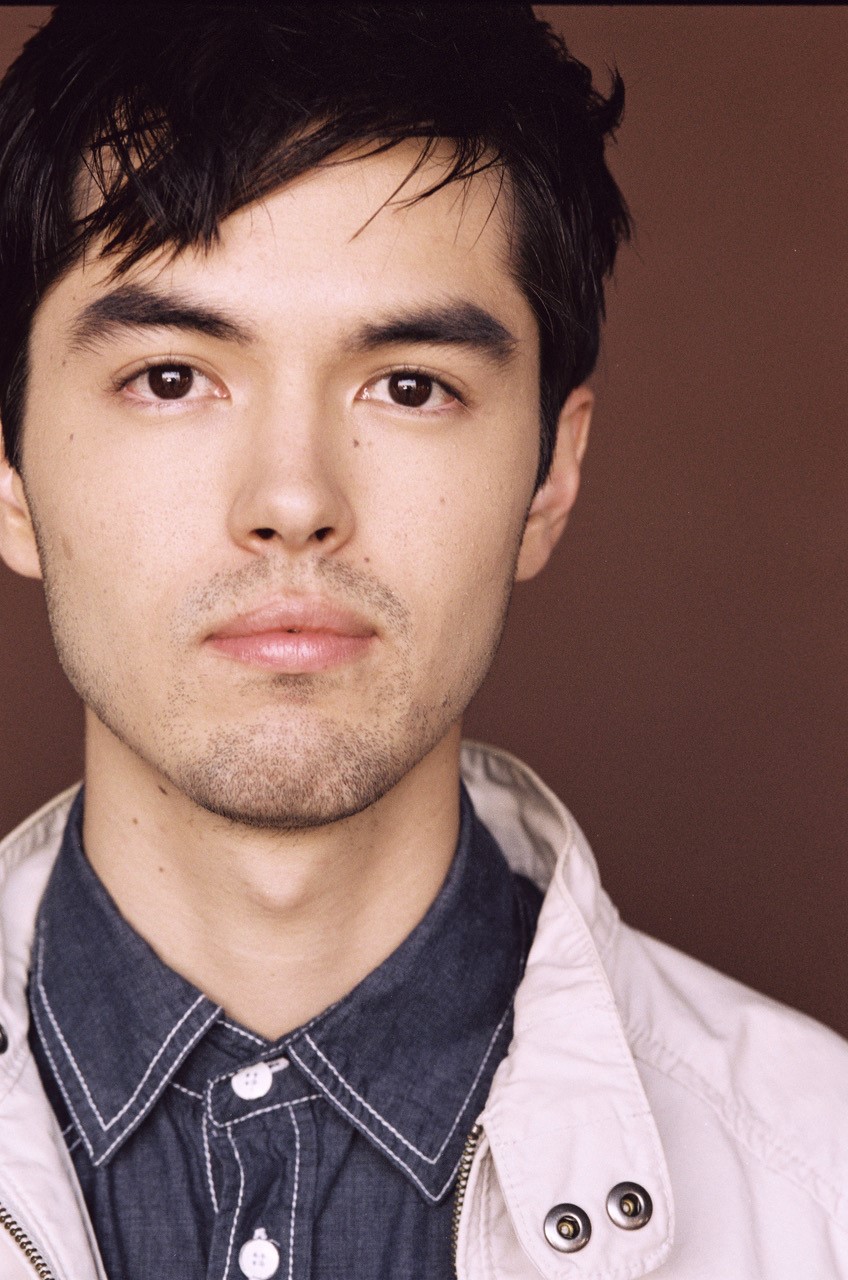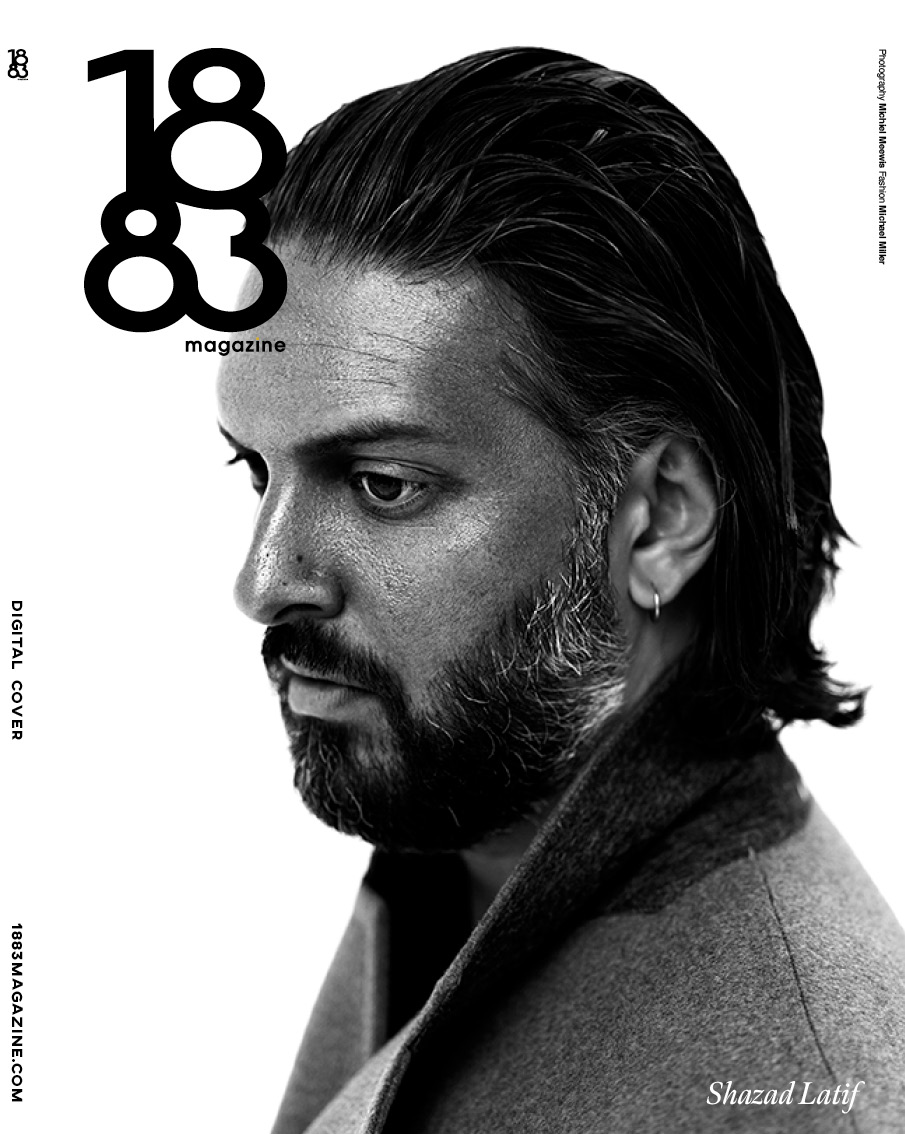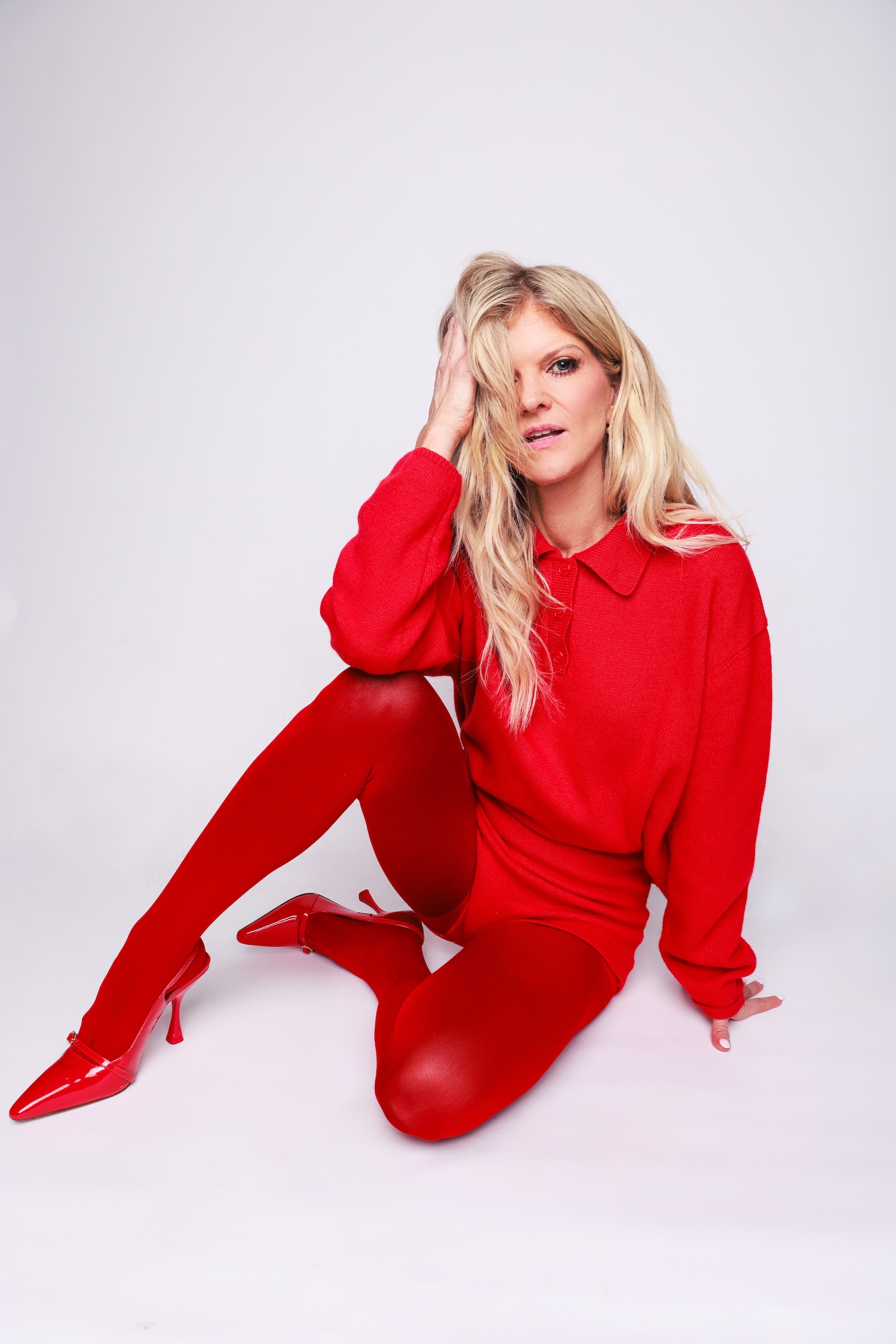Less than a month before the hotly anticipated debut of The Lord of the Rings: The Rings of Power, Amazon confirmed booking the Tokien-inspired fantasy drama for a full five-season run.
Swift a move as this may be, it’s as unsurprising as it is well-calculated since the contemporary film adaptations of Lord of the Rings novels by J. R. R. Tolkien are among the highest grossing films in modern-day cinema with a die-hard fanbase heralding the Tolkien-crafted legacy. At the helm of the blockbuster production is J. A. Bayona (Jurassic World: Fallen Kingdom), who has spared no expense in filming, with the show officially ranking as the most expensive production in television history. Among the series’ rising stars is Charlie Vickers, who plays the newly created character Halbrand, a Human from the Southlands who finds himself braving a stormy entanglement with Galadriel, portrayed by Morfydd Clark. While Vickers remains tight-lipped about most of the storyline, he’s chatting with 1883 to dish a few ear-perking details about Halbrand’s complicated psychology, his own real life catharsis while he’s not acting, and much, much more.
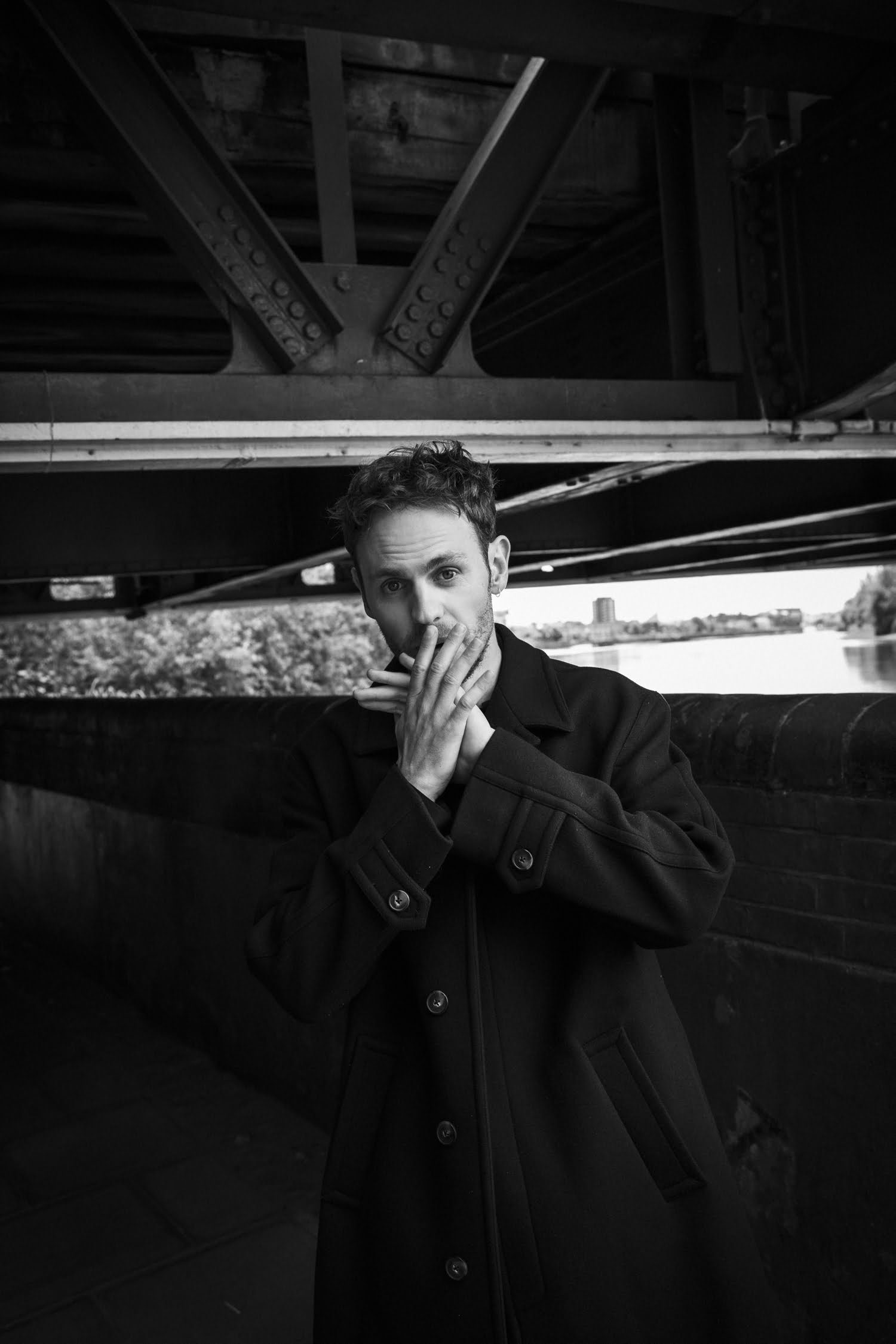
Charlie, we’ve caught you smack in the middle of a whirlwind promotional tour— by chance, how long did filming for Lord of the Rings last?
We were in New Zealand for about 2 years, but we weren’t filming that whole time. We had a hiatus because of covid…So there was maybe a six month hiatus where we were all-out, and some of us chose to remain in New Zealand. The actually filming was about 18 months, so it was a long process.
And of that 18 months, you were on set from 3am till what time?
I think we would wrap 5pm or 6pm.
So I’m doing the hours per day math…It sounds like you’re spending more time daily on set than off portraying a role in this mystic, magical realm. How do you decompress, or mentally separate yourself from that world, seeing that most of your day, for most of your week is spent—psychologically—there?
Yeah. That’s a real tricky things, and something that I learned about as I was going…I found it difficult, honestly, to separate myself from the work when I was doing it. One of the interesting things that show allows is that because there are different realms right— humans, elves, half foots, and all of these different people and worlds within the show — it means that often you’ll film for a month, or two months intensely, and then you’ll have a break, which kind of meant that while you were in the middle of a filming block within your world, it kind of just became your life. And then you would rest on the weeks or days that you weren’t filming. As I say, 3am were the earliest days, but even if you’re getting in here at 5am— which is a pretty standard morning— then you’re filming through till 6pm, or whenever it might be, it does become part of your world because I go home thinking over the day…reflecting on the day, because I’m not very good at switching it off. And perhaps as I go through my career, it’s something that I’lll get better at.
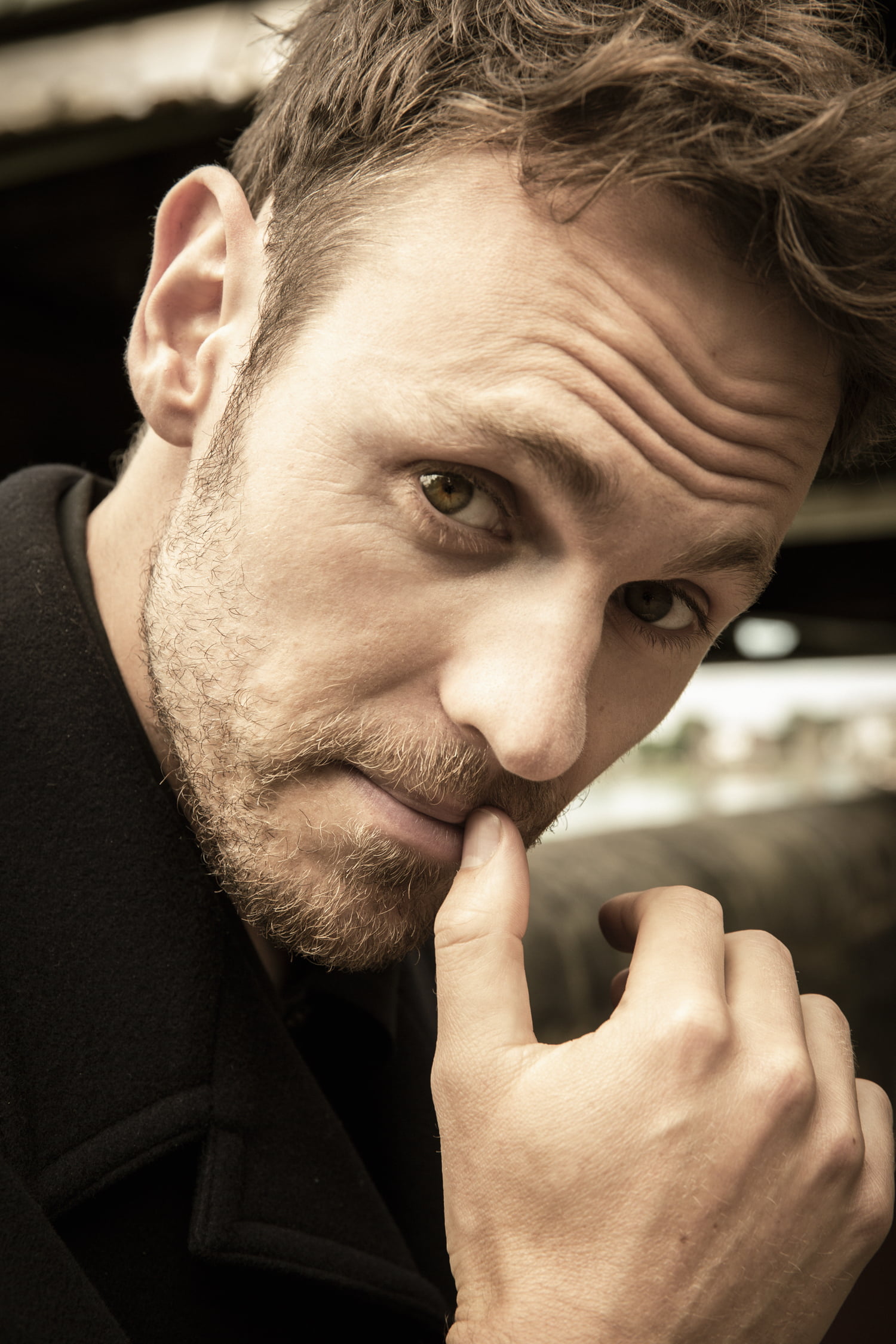
You seem quite cerebral.
Yes – I think I probably am. And I guess this is probably a challenge when it comes to acting for me, because I tend to apprach it not from this cerebral side, and whenever I do this too much, it becomes detrimental – I think – to my work. I think, letting things go – I can do all of the analysis in the world, but eventually I have to get to the point of letting things go, and letting things happen, which is a challenge for me, to be honest.
It sounds like this was a labor intensive filming project—hours worked aside— given the physical exertion that went into it: horseback riding, underwater filming, swinging swords in heavy costumes, etc. Would you say that you exerted yourself more in this project than any other project that you’ve worked on so far?
Yeah…I think so. There have been other projects I’ve worked on which dealt with challenging themes and things like that, but in terms of the physical—and I guess mentally, going into something of this scale was somewhat of a challenge, wrapping your head around how significant it is to such a large group of people, I guess, with the Tolkien fandom…physically it as incredibly demanding. I went through a transformation, physically, in order to be able to do the role. Learning fight training, riding a horse – I’ve ridden a horse before, but nothing to the extent that I had to on this show – so I basically learned to ride from scratch. It’s like being in a really crazy school camp – I think I said this before. When we weren’t filming, or weeks were often blocked out, where we had full schedules anyway…we’d go from a horse riding lesson to a gym session, to a stunts training, and then to a swimming lesson. But these were all things that were demanded that you had to do on screen.
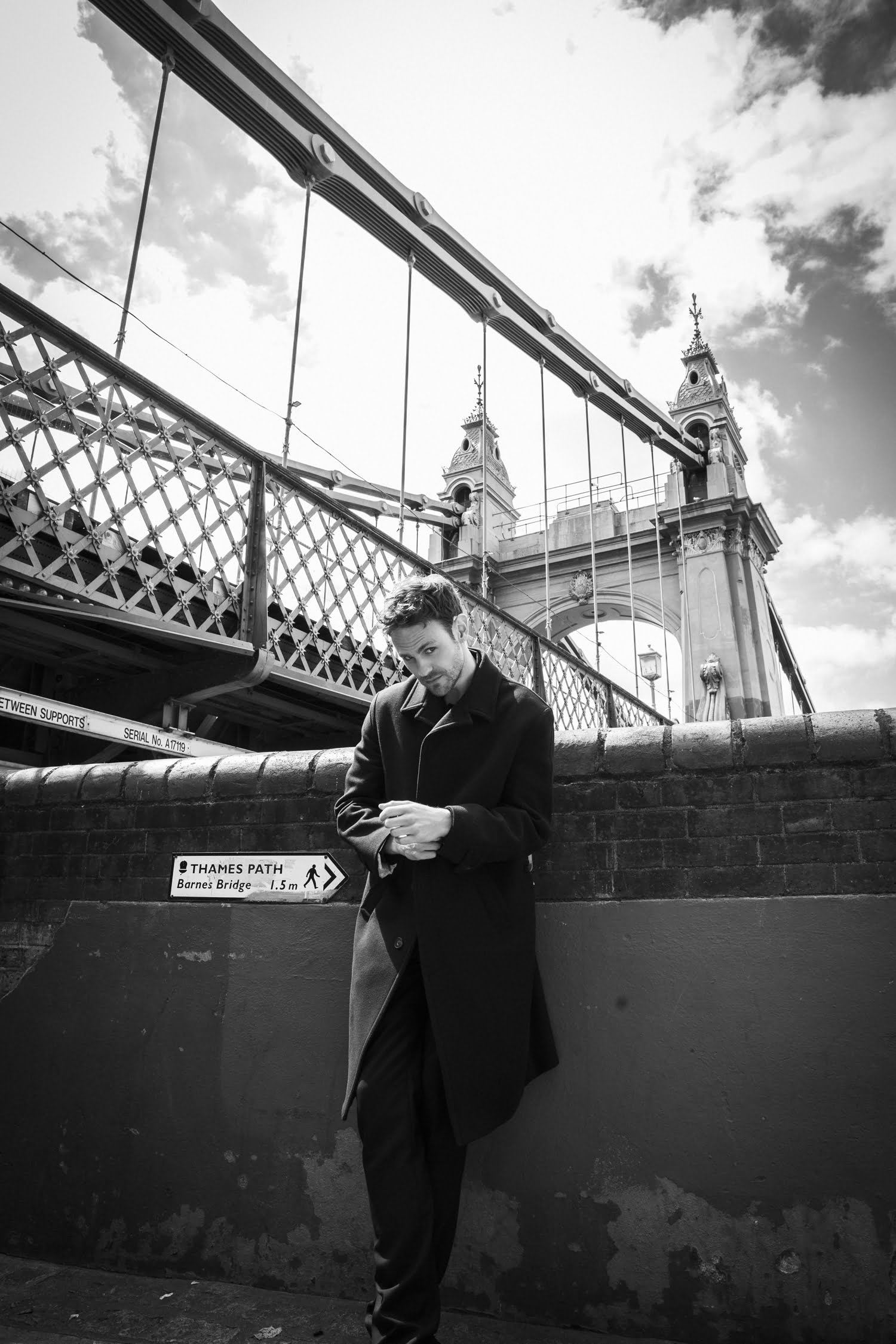
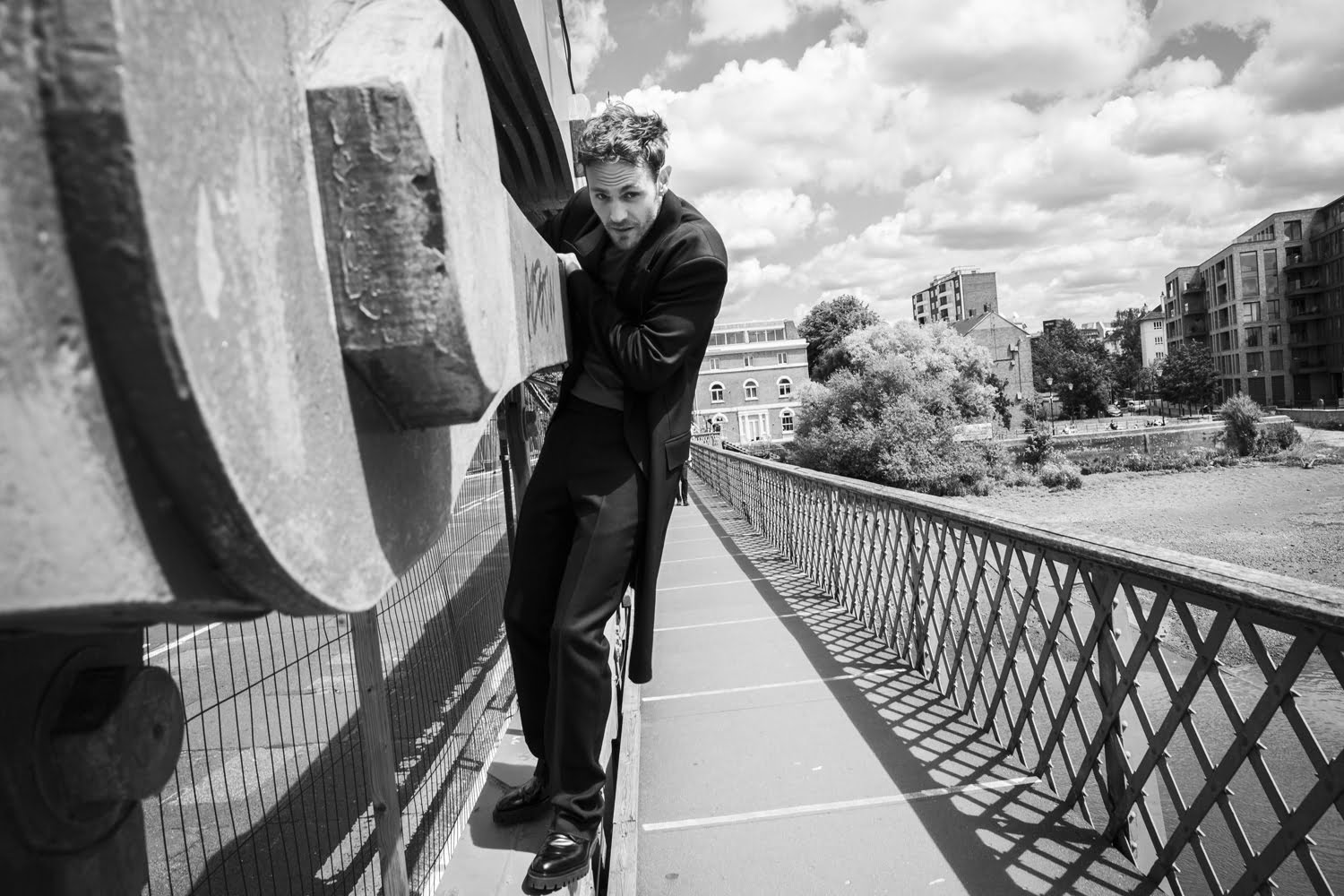
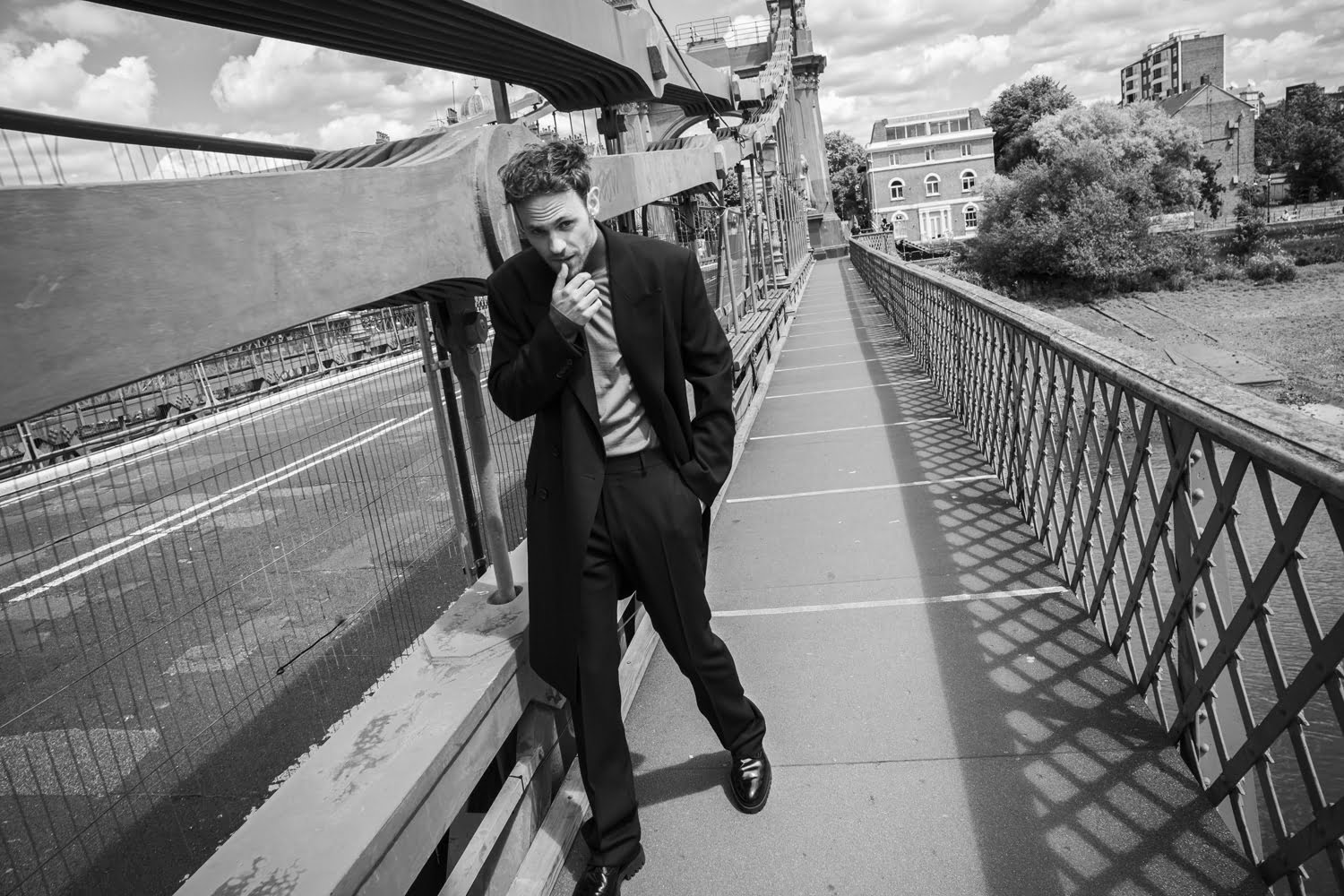
Speaking of demands, let’s talk about the expectation of the people. Did you feel any pressure in portraying a new character that did not previously exist in the book, or in the minds of the people, let alone you being a new character that is being introduced to the Tokien fanbase within the most expensive production in tv history?
You obviously are aware of those things, but I never really considered it when actually doing the work. I think being a new character has its own set of challenges, but so does being an established cannon character…They both present a different set of expectations. On set, while working, you don’t really think of peoples expectations…or the wider context of it all, because ultimately you’re there with other actors and you’re working moment to moment, and in the end that’s all that you can do…And anytime that the external noise comes in, I find it useful to just bring it back to the present moment of whatever you’re playing…if I ever do get caught up in the outside noise of it all, I like to remind myself that I can’t really control other peoples expectations, and whatever expectations that people might have for this show…that’s out of our control. The only thing that we can do is do our utmost, and make some really amazing work.
Well, it looks like a truly tremendous production that you all put on, so kudos to all of you for that. Seeing that Halbrand is a new role, how involved were you in creating the -isms of Halbrand, or was it all laid out for you on paper? Every character has -isms, so I’m curious how much creative leeway you were given beyond what was handed to you in the script?
Quite a lot. There were, I guess, a set of given circumstances for Hal, and they were given to me by the show runners. But within that, I pretty much had free-rein with their guidance to create the character in the way that I wanted to. And we were lucky to be able to work with amazing dialect and movement coaches, as well. To develop voice and physicality, I worked with Leith McPherson, who does the dialect for the show. She worked on a really specific accent with me, and it’s something I’m really proud of looking back at it…what we created was all informed by the circumstances that the character was in— where he’s come from, where’s he’s going…So I did pretty get free-rein to do things.
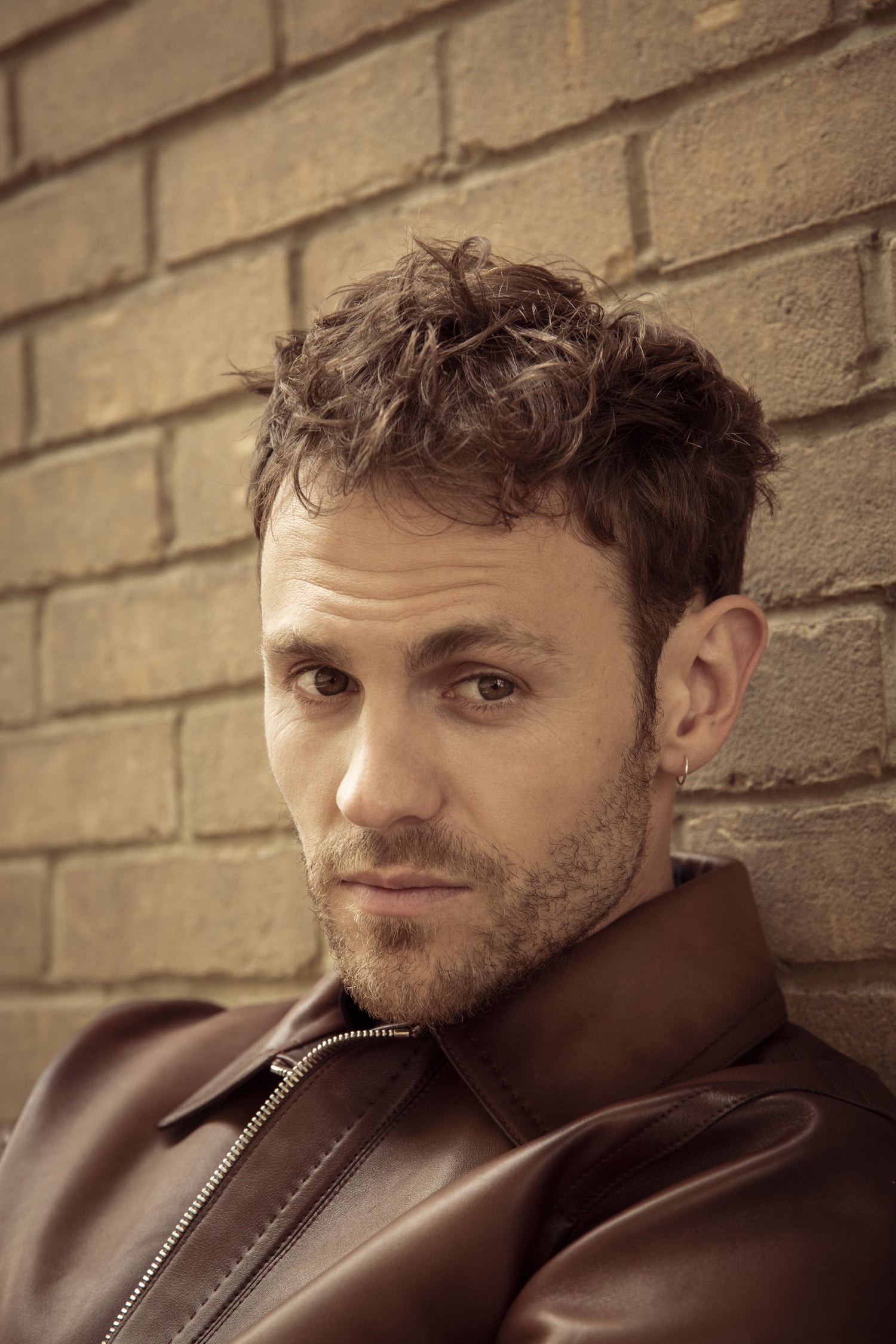
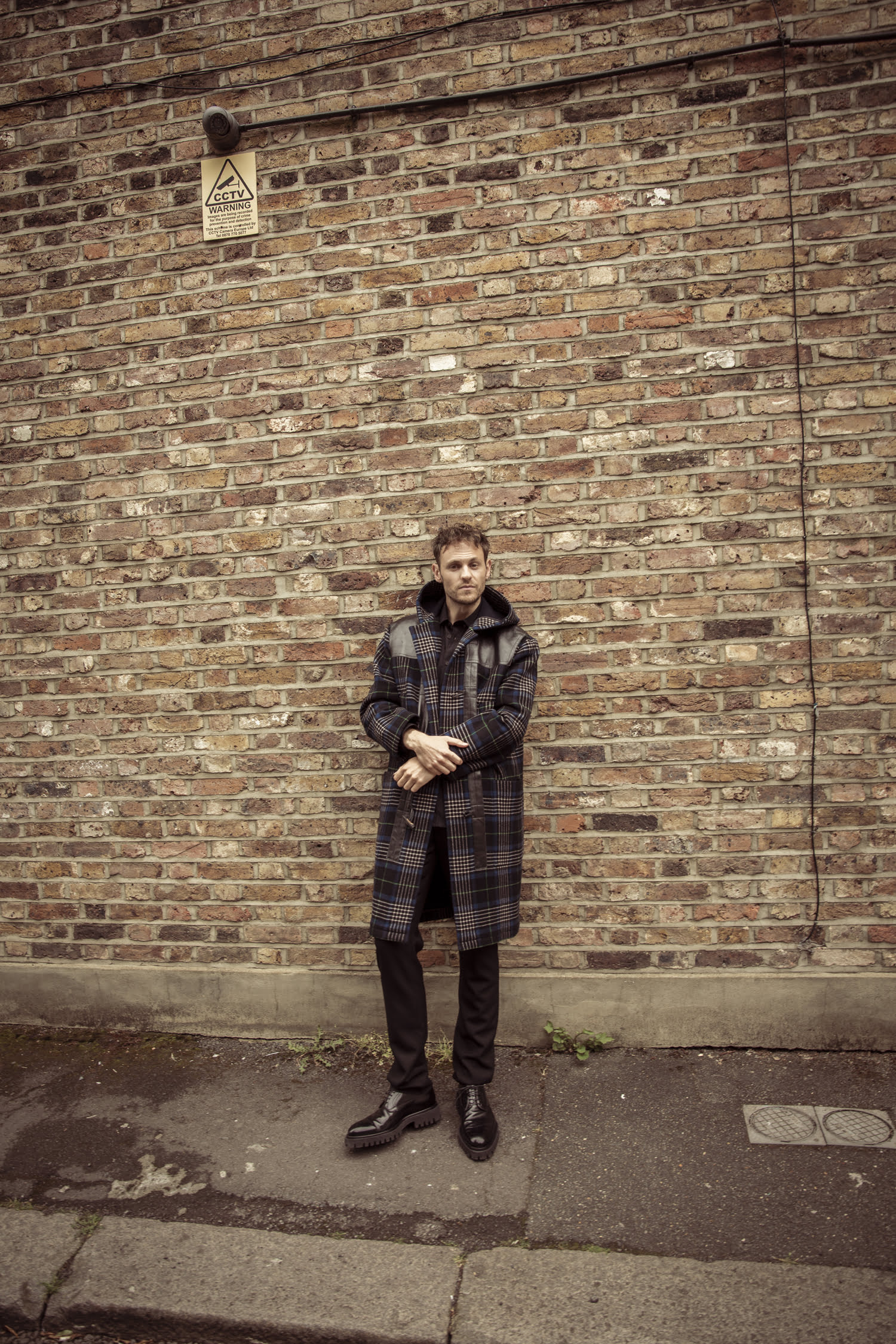
If you could describe Halbrand in three words, what would those words be?
I want to use the word aloof; I think he’s brave…and, let’s go with conflicted.
Aloof, brave and conflicted…Those are very Capricorn-like traits. Though “aloof” is typically akin with Aquarians.
Oh, is it? [Laughter].
Yes, Aquarians are known for aloofness. With all of the promotion that you’re doing for the tv series, what is the most memorable response that you’ve gotten from a fan so far?
There’s been some pretty spectacular things, but the one that really sticks out is that we had someone come to San Diego Comic Con in a full costume of Morfydd Clark— she plays Galadriel— and a fan came dressed in one of her costumes that she had made herself. And no footage had really been released of this costume, so she used a couple of frames from a trailer, and a few promotional pictures to create this amazing costume, and she wore it to San Diego Comic Con…And she was overwhelmed, I think meeting Morfydd, and meeting the rest of the cast as well…It was amazing to see the level of detail and craftsmanship that she had put into creating this costume…That’s the memory that sticks out in my head.
Are you prepared to see people attending Comic Con— or even Halloween balls— dressed as Halbrand in the near future, or coming years? The series is booked for a minimum 5-series run. You’ll be seeing fans dressed as you portraying another character.
[Laughter]. It’ll be interesting. I don’t know…I haven’t really thought about it. My costume is probably a bit easier to do as a Halloween costume…its beautiful, and quite simple, and easier to create than Morfydd’s…I guess that side of it is exciting and daunting, and it’s a whole new world. I haven’t fully turned my mind to those thoughts yet.
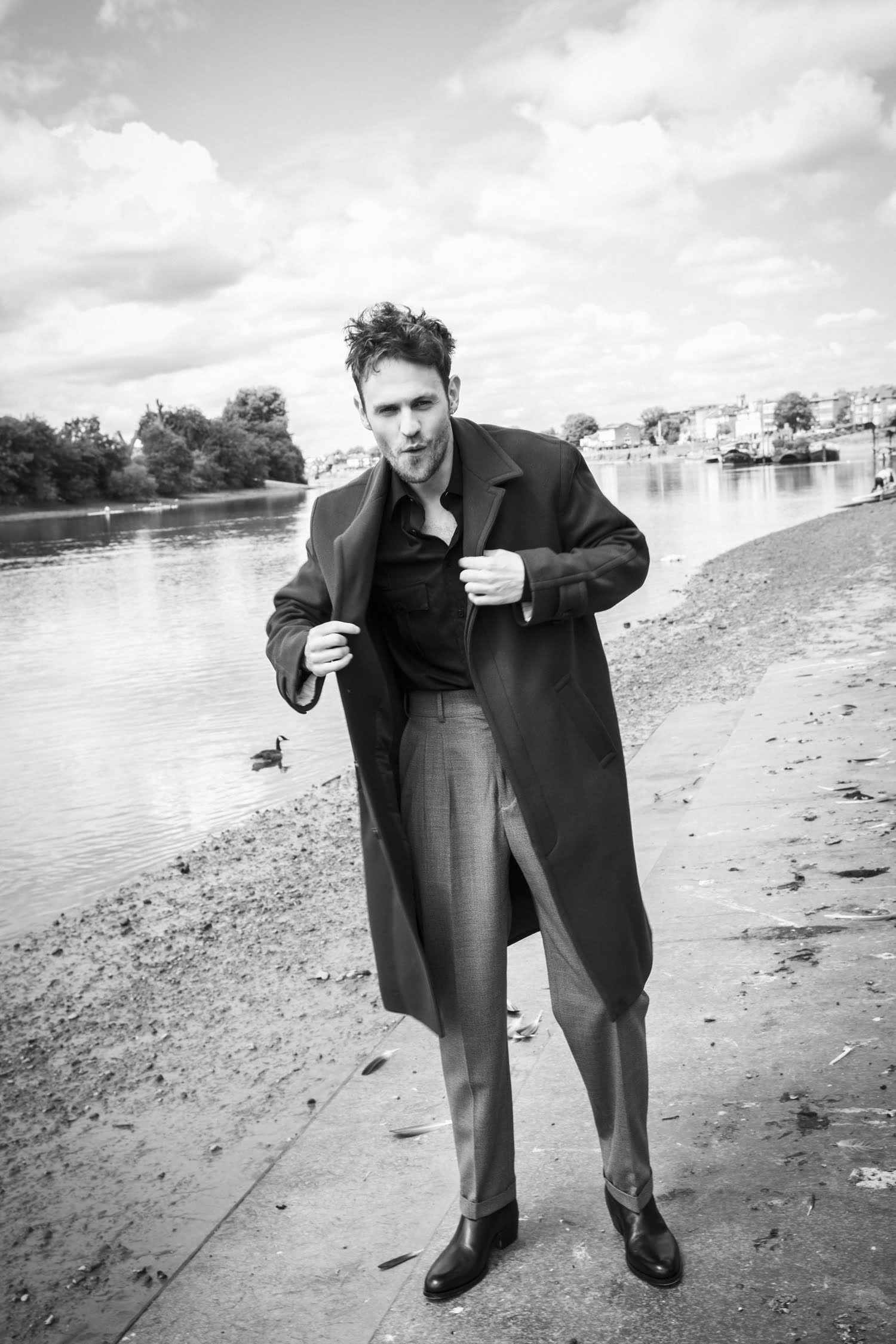
In the spirit of costumes, how much of an influence would you say costumes, hair, makeup, etc. played in your delivery, or the performances that you gave?
It made a massive difference, because ultimately, that’s when you see the character come to life, is when you step on set, or the first time you put your full hair and makeup on, or you put your costume on. It’s the first time that you see the final pieces of the puzzle come together. So that made a huge creative difference to me…it’s another source of inspiration. I think we’re constantly looking for inspiration in whatever form it might take. We had such amazing hair and make-up departments. Kate Hawley, who designed the costumes, is amazing…and it was a really collaborative process. And you do multiple fittings, and you fit three, four, five or six times before you get to the final costume…and each time you go in, there’s a slightly different alteration to what you were given…And things like armor, that informs how you ride a horse; so obviously, the way you swing a sword, or ride a horse is informed by how much movement you have in your armor. We had a big raft sequence – a storm sequence on a raft – and that was completely dictated by my costume, and the costume played a big role in enabling me to swim and do all sorts of things required in that sequence.
You mentioned earlier how physically intensive this role was, and you just elaborated on it with the body armor and the storm sequence scene…but you also said something briefly about the emotional intensity of previous roles that you’ve taken on. What role is it that you were indirectly referencing?
I just did a project in Australia called The Lost Flowers of Alice Hart.
Yes, with Sigourney Weaver!
Yes. It’s a generational story of abuse and it was a really confronting and challenging process…and I’m still reflecting on it, it’s still in its early stages since I only finished it a few months ago. I’m still in the process of reflecting on my time working on that show and it was such an amazing experience, I can’t wait for people to see it…I always find it difficult to talk about things when I haven’t fully reflected, and you don’t know exactly what they are yet.
It sounds like a heavy topic – generational abuse – and even triggering. In delving into that role – and being around other actors who were interpreting their roles – what would you count as the biggest learning experience about you emotionally, that you gained in being part of that project?
For me, personally, it was a realization…there were challenging themes in it, and one of main theme was domestic violence. The biggest realization that I had throughout working on it was learning and beginning to understand – particularly in Australia – how much domestic violence there is in Australia…far more than I could imagine.
It’s pervasive everywhere, and it’s not just men abusing women; it’s also women abusing men. And it’s not exclusive to physical violence – emotional abuse and manipulation can play out as domestic violence, too.
It’s things like coercive control and emotional manipulation that I really opened my eyes to during that project. And I learned so much more about it…that was one of the most impactful things, personally, that I began to understand and read more about and learn more about as I entered that world within this project.
What was your role within the film?
So it’s a story of a woman called Alice Hart, and you follow her life from when she’s a child through her adulthood, and I play Clem Hart, who is her father…and his treatment of her as a child, and the treatment of his partner, Agnes, has a huge bearing on Alice’s life, and we see this unfold as she gets older in the story.
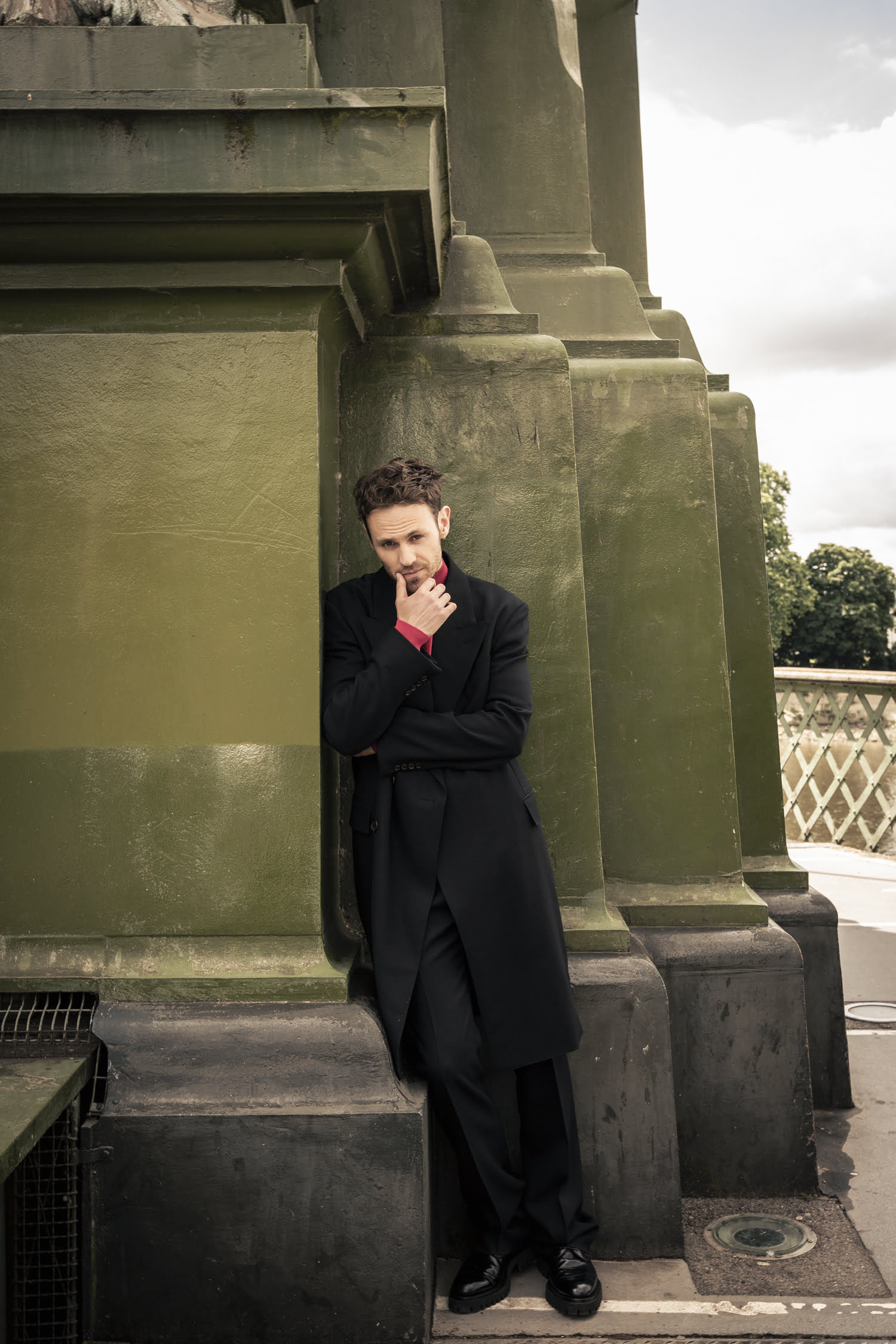
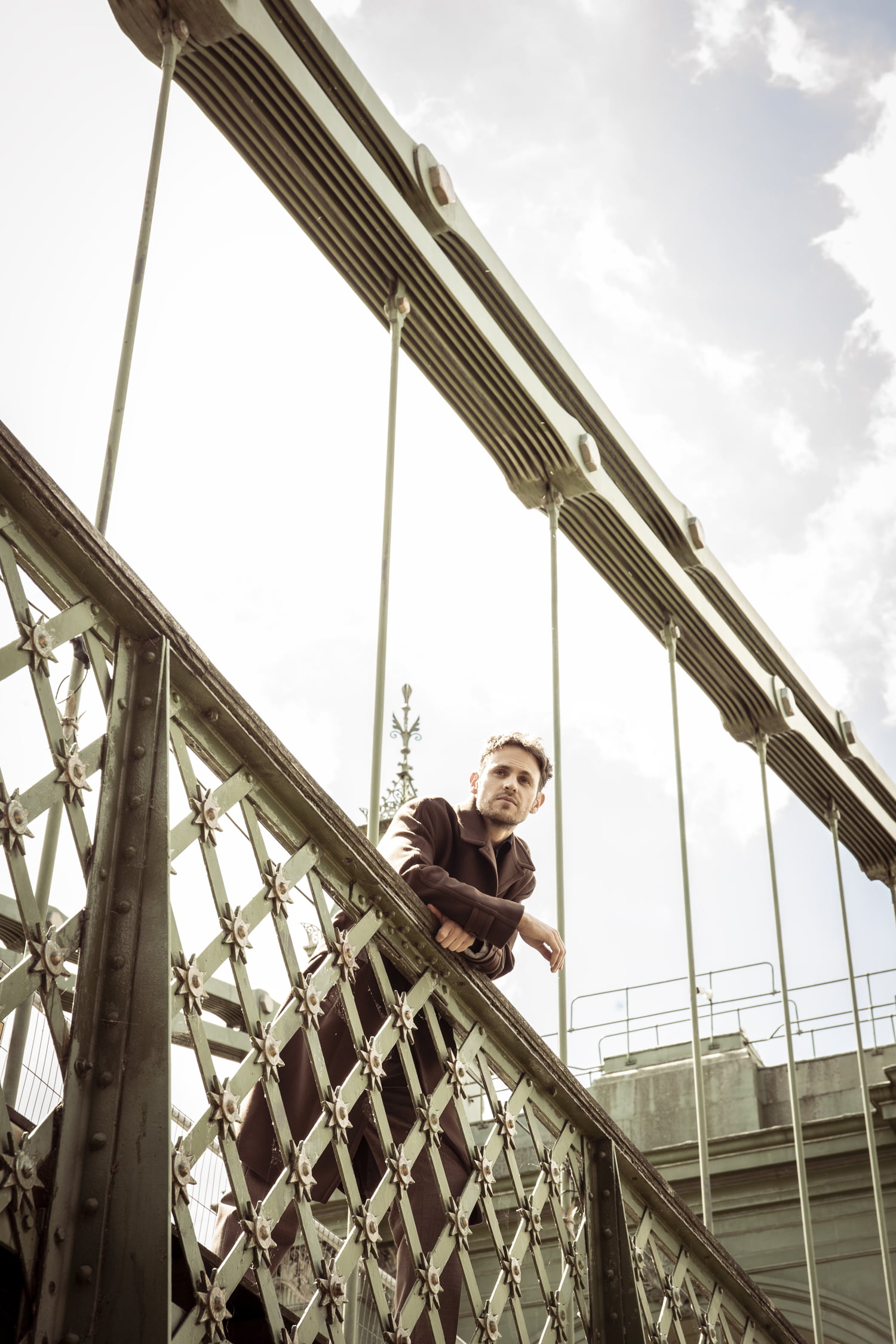
Your choice of roles seem to add more and more to you in your understanding of people, psychologically.
Exactly…and I think that’s one of the wonderful things about being an actor is that it opens your eyes to wherever you go next, whatever corner you turn, or adventure you go on next, you learn so much. And that’s part of the job – researching and wholeheartedly throwing yourself into projects to convey things as truthfully as possible.
So how do you click the off-switch, after spending most of the day portraying an emotionally intense character? When you’re in character on set, you’re spending most of the day seeing life through the lens of another individual. With twenty-four hours in a day, fifteen of them on set, five of them sleeping, four of them you’re out of character, off set. How do you successfully disconnect yourself, let’s say for those four hours, so that you’re no longer seeing through the lens of that character?
I think it varies. On that project, I was working with amazing people, and we were able to ground each other in reality. Everyone was really brilliant to work with, and connected on that job…This job was different from Lord Of The Rings in that I wasn’t working as frequently, and wasn’t being immersed in something for as long period of time. I was able to take a lot of time in between filming blocks. Bit in filming blocks, I try to remain in that world, which can be difficult and challenging, but that show enabled be to be immersed in that world while filming it…it changes day to day. And it’s basically just how I’m feeling. Some days I’ll come home from working – for instance with Lost Flowers of Alice Hart – and I’ll feel like I can stay in that world, and I can go to sleep if I’m working early the next day…and it’s useful to me. Other days, I might not feel that way, and I’ll come home and watch something completely removed from it to switch off on tele, or read a book.
I notice from your repertoire – Lost Flowers of Alice Hart, Medici: Masters of Florence, and even Lord of the Rings – you’re drawn to more serious, heavy stuff. Is there any comedy on the horizon? [Laughter].
[Laughter]. I would love to do some comedy at some point. It’s just when the right opportunity comes along…I did a lot of comedy before I was a professional actor, when I was studying. That’s kind of all I ended up doing— amateur comedy. So I would love to do some comedy…
Any upcoming releases or projects that you’d like to share with us? Lord of The Rings is a pretty big deal, so I know you’re booked and busy with that.
Lord Of The Rings…and then Lost Flowers Of Alice Hart will come out some time soon, I hope. But apart from that, I’m pretty much in the world of promoting season one for Lord of the Rings, and then whatever happens next is exciting!
The Lord of the Rings: The Rings of Power is on Amazon Prime now
Interview Constance Victory
Photographer Lee Malone
Stylist Olga Timofejeva @ The ONLY Agency
Stylist assistant Farai Brodersen
Grooming Shukeel Murtaza
Big with thanks to Riverside Studios in Hammersmith – www.riversidestudios.co.uk
Top image credits

